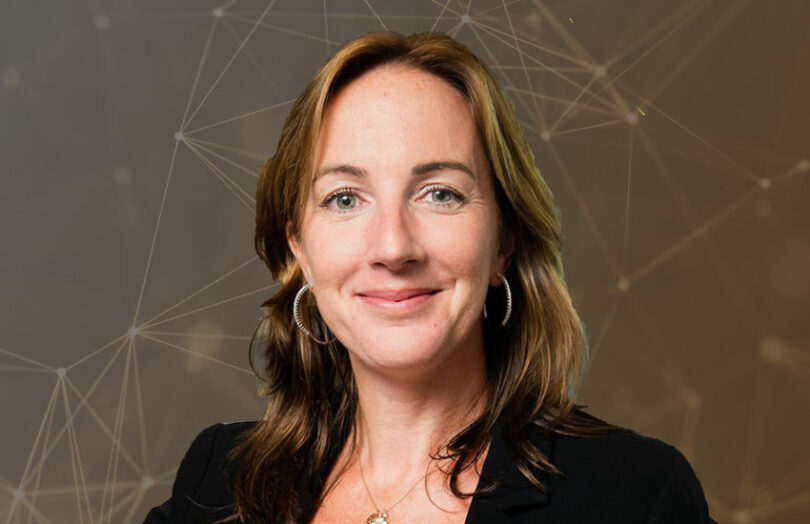Yesterday BNY Mellon announced that Caroline Butler becomes CEO of Digital Assets with immediate effect. Given BNY Mellon is the world’s largest custodian with $44 trillion in assets under custody, her role is one of the most important in the institutional digital assets sector.
BNY Mellon went live with its institutional offering in October 2022, providing digital custody and administration for both traditional and digital assets. Butler was responsible for delivering that solution.
She joined BNY Mellon in 2020 after a 21-year stint at JP Morgan, where she was latterly Head of Global Custody Americas. At BNY Mellon, Butler was promoted just last month to CEO of Custody Services. As the four-leaf shamrock necklace indicates, she comes from Ireland and attended the University of Galway.
“As institutional adoption of digital assets continues to evolve, we are committed to being a trusted provider of services to the broader financial ecosystem,” said Roman Regelman, BNY Mellon CEO of Securities Services and Digital. “I’m pleased to have Caroline lead our enterprise-wide initiatives as we accelerate our efforts around digital assets and other emerging technologies and solutions for our clients.”
BNY Mellon’s CEO Rob Vince has been vocal in his support of digital assets. In January’s earnings call he said that not embracing DLT “would be like being the custodian of 50 years ago and sticking with paper and not adopting a computer. That’s not going to be us.”
Last year there was concern that the Basel Committee might apply the same rules for crypto custody as it does for banks that hold cryptocurrencies on their balance sheet. This would have involved custodians setting aside a dollar of capital for every dollar of crypto held in custody, something that would not be viable at any scale.
Given that assets under custody belong to clients, this would have been a substantial deviation compared to the custody of other assets. Along with other major conventional custodians such as State Street and Northern Trust, the companies argued for a similar treatment to other assets. In December, the Basel Committee said while crypto-specific risks need to be considered, it did not plan to impose capital requirements for custody.






